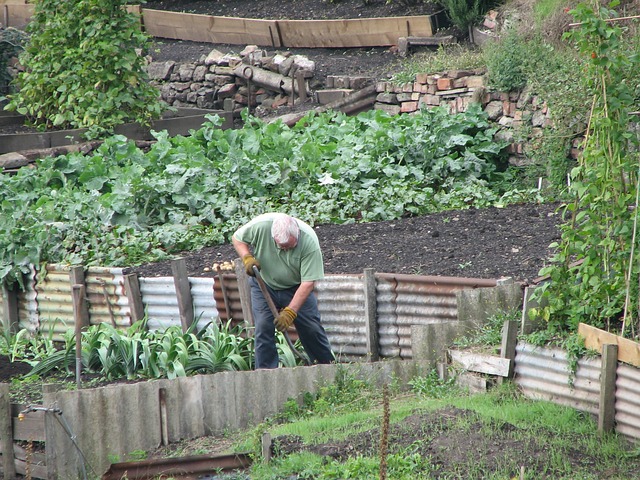The Power of Plants: How Community Gardening can Transform Urban Lives?
Urban life can be hectic and stressful, and finding ways to connect with nature and the environment can be a challenge. One way to achieve this connection is through community gardening. Community gardening can transform urban lives in many ways, from providing fresh produce to improving mental health and strengthening community bonds. In this article, we’ll explore the many benefits of community gardening in urban areas.
Fresh, Healthy Produce
One of the most obvious benefits of community gardening is the opportunity to grow fresh, healthy produce. In urban areas, access to fresh fruits and vegetables can be limited, especially in areas that lack grocery stores or farmers’ markets. By growing their own food, community gardeners can improve their diets and reduce their reliance on processed or packaged foods. Community gardens can also provide a source of fresh produce for local food banks or soup kitchens, helping to address food insecurity in the community.
Improved Mental Health
Community gardening can also have significant benefits for mental health. Research has shown that spending time in nature can reduce stress, anxiety, and depression. Gardening can be a therapeutic activity that allows people to connect with the earth and find a sense of purpose and accomplishment. In addition, community gardening can provide opportunities for socialization and community building, which can be especially important for people who may be isolated or lonely.
Environmental Benefits
Community gardening can also have environmental benefits. Urban areas can be hot spots for pollution and can lack green spaces, which can contribute to poor air quality and other environmental problems. Community gardens can help to address these issues by providing green space and improving air quality. They can also contribute to biodiversity by providing habitats for birds, insects, and other wildlife.
Community Building
Community gardening can be a powerful tool for community building. By working together on a shared project, people can form connections and build relationships with others in their community. Community gardens can also provide opportunities for people of different ages, cultures, and backgrounds to come together and learn from one another. By creating a shared space that everyone can enjoy and take pride in, community gardens can help to build a sense of community identity and pride.
Education and Learning
Community gardening can also be a valuable educational tool. By working in a garden, people can learn about topics such as plant biology, soil health, and sustainable agriculture. Community gardens can also provide opportunities for children to learn about the natural world and develop an appreciation for the environment. In addition, community gardens can be a platform for teaching life skills such as teamwork, communication, and problem-solving.
Conclusion
Community gardening can be a powerful tool for transforming urban lives. From providing fresh produce to improving mental health and building community, community gardens offer a range of benefits that can make a positive impact on individuals and communities. By working together on a shared project, people can connect with one another, learn new skills, and build a stronger sense of community identity. If you’re interested in community gardening, there are many resources available to help you get started, from local gardening organizations to online forums and social media groups.

